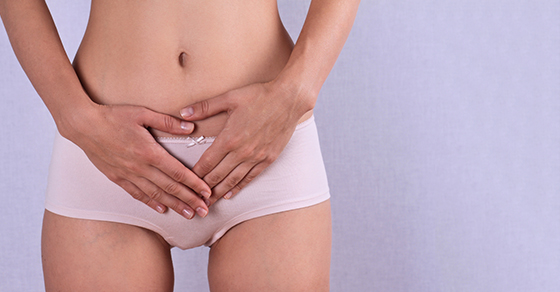
Urinary tract infections
Urinary tract infections typically occur when bacteria enter the urinary tract through the urethra. Bacteria then begin to multiply in the bladder. The most common UTIs occur mainly in women and affect the bladder and urethra.
• Infection of the bladder (cystitis).
• Infection of the urethra (urethritis)
Symptoms
• A strong, persistent urge to urinate
• A burning sensation when urinating
• Passing frequent, small amounts of urine
• Urine that appears cloudy
• Urine that appears red, bright pink or cola-colored — a sign of blood in the urine
• Strong-smelling urine
• Pelvic pain, in women — especially in the center of the pelvis and around the area of the pubic bone
Check out this video for more information: http://www.webmd.com/women/guide/your-guide-urinary-tract-infections#1
Lifestyle changes:
Urinary tract infections can be painful. You can take steps to ease your discomfort until antibiotics treat the infection. Follow these tips:
• Drink plenty of water. Water helps to dilute your urine and flush out bacteria.
• Avoid drinks that may irritate your bladder. Avoid coffee, alcohol, and soft drinks containing citrus juices or caffeine until your infection has cleared. They can irritate your
bladder. These drinks tend to aggravate your frequent or urgent need to urinate.
• Use a heating pad. Apply a warm, but not hot, heating pad to your abdomen to minimize bladder pressure or discomfort.
• Wear cotton underwear on a daily basis. Cotton underwear allows more air movement to occur. This keeps the urethra dry.
• Do NOT wear thongs. They track bacteria from your anus forward to your vagina (to the underwear section).
Physiotherapy Treatment
Physiotherapists that are trained in pelvic floor dysfunction can greatly improve a UTI patient’s quality of life. A typical approach includes training pelvic floor musculature, manipulative techniques and local heat. It also includes breathing and relaxation techniques. Lastly, treatment includes postural education, muscle coordination reeducation, and behavioral therapy.
• Reverse Kegel Down training
• Dynamic ROM program including dynamic stretching and core exercises
• Pain education
• Internal pelvic muscle work including trigger point release techniques
• Connective tissue mobilization
If you suffer from urinary tract infections, consider getting a consultation from one of our pelvic health physiotherapists today. They can help! Please call Physionow to book an appointment and get back to living a comfortable life!



Leave a Reply